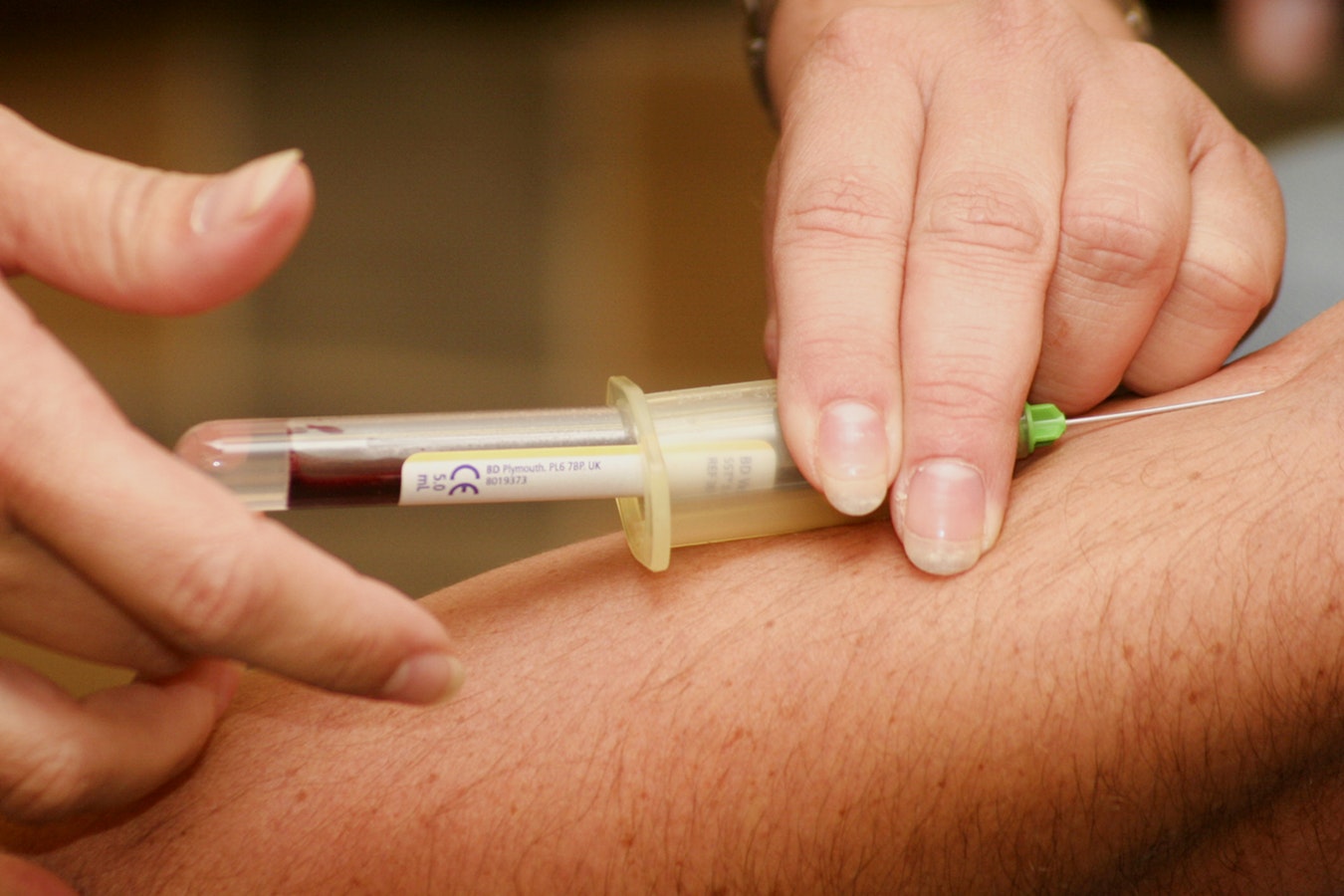Government campaign tackles HIV testing stigma in Oman
More and more people in Oman are ditching old-school views on the Human Immunodeficiency Virus (HIV) and getting tested. Thanks to the government’s campaign to address and dispel stigma surrounding the condition – the barriers around HIV testing are no longer preventing as many people from testing for the virus. Despite this, rates of new HIV infections are still increasing – with the majority of cases resulting from unprotected sex – and there are various challenges yet to be addressed.
Many patients are afraid of social stigma and of ruining their reputation, so they refuse to receive treatment, and some families even expel the person from the home.
Hamida Al Shukeiry, Counsellor at the VCTS
Since the first case of AIDS in Oman was diagnosed in 1984, rates of HIV/AIDS have steadily increased – with the most affected areas being Buraimi, Musandam and North Sharqiyah.
Those who tested positive for HIV can be treated at 15 different locations in Oman. Amongst these, the Muscat governate has the highest number of HIV-positive people seeking treatment.
Considering the increasing demand, there is now an urgent need to expand the coverage of treatment. The lack of resources is causing a reluctance to stick with Antiretroviral Therapy (ART) as many are finding it difficult to attend regular appointments at treatment facilities.

Oman is also going through rapid changes in attitudes towards sex – particularly amongst the younger generation – highlighting the importance in identifying the scale and scope of potentially risky behaviours through extensive research. This will aid the development of appropriate HIV prevention programs.
Combine this with an existing problem with late diagnosis and it is evident that Oman still needs to address remaining gaps in knowledge of HIV transmission and to continue encouraging testing and treatment. Focus is also needed on key populations such as injecting drug users, men who have sex with men and sex workers.
There is clear evidence that regular, stigma-free testing will reduce the rate at which HIV infections are transmitted. Encouraging anyone who might be at risk to get tested is one of the most important and effective ways a country can reduce the number of HIV infections across its population. Although cultural and religious views might stand in the way, compromise is required if HIV is to be ever defeated.
Mike Asher, Co-Founder of Better2Know
Sources
[1] National Center for Biotechnology Information | Oman Medical Journal: Successes and Challenges of HIV/AIDS Program in Oman: 1984–2015
[2] Times of Oman: Government drive erases HIV test stigma in Oman
Categories
- Abu Dhabi
- Bacterial Vaginosis
- Bahrain
- Blood Tests
- Cancer
- Cervical Cancer
- Chlamydia
- Dubai
- Fertility
- Gardnerella
- Genital Warts
- Gonorrhoea
- Hepatitis A
- Hepatitis B
- Hepatitis C
- Herpes
- HIV (AIDS)
- HIV Testing
- HPV
- Instant Testing
- Kuwait
- Locations
- Middle East
- Mycoplasma
- Oman
- PAP Smear
- Positive STI Results
- Qatar
- Saudi Arabia
- Sex Education
- Sexual Health
- Sexual Health News
- Sexually Transmitted Infections
- STD Symptoms
- STD Tests and Screens
- STI Results
- STI Treatment
- STIs
- Sustainability
- Swab Tests
- Syphilis
- Trichomoniasis
- Uncategorized
- United Arab Emirates
- Ureaplasma
- Urine Tests




